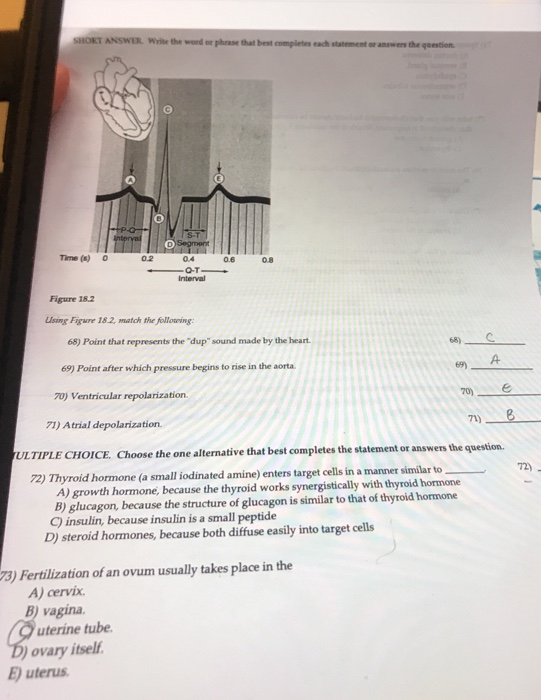Many health professionals recommend increasing your water intake during your period. This can make you feel thirsty and sometimes nauseous.
Drinking Alcohol Can Cause Dehydration Which Makes The Blood Hypertonic. What this translates to in hydration drinks is that hypotonic solutions cause water to be absorbed quickly by the body due to low levels of carbohydrates and sodium, but provide low energy. Is isotonic or hypotonic better? Here are the main causes of hypertonic dehydration: Hypertonic drinks can cause dehydration as the body has to move water from the bloodstream into the intestine to dilute the fluids before it can absorb them.
 Drinking Alcohol Can Cause Dehydration Which Makes The Blood Hypertonic Which | Course Hero From coursehero.com
Drinking Alcohol Can Cause Dehydration Which Makes The Blood Hypertonic Which | Course Hero From coursehero.com
Related Post Drinking Alcohol Can Cause Dehydration Which Makes The Blood Hypertonic Which | Course Hero :
Which option best describes the consequences of this hypertonic blood? Liver dysfunction can also affect how red blood cells are managed by the body. Infants may not get the right balance of nutrients they need, particularly if they’re having trouble nursing. This, in turn, makes the interstitial fluid lose water to the cells.
Hypertonic blood draws water out of the interstitial fluid, which makes the interstitial fluid hypotonic.
Which option best describes the consequences of this hypertonic blood? Diavinad8 and 5 more users found this answer helpful. This can make you feel thirsty and sometimes nauseous. Drinking alcohol can cause dehydration, which makes the blood hypertonic. Quickly replaces fluids lost through sweating and supplies a boost of carbohydrate. Many health professionals recommend increasing your water intake during your period.
 Source: healthline.com
Source: healthline.com
Which option best describes the consequences of this hypertonic blood? This, in turn, draws water out of the cells. Is isotonic or hypotonic better?
 Source: coursehero.com
Source: coursehero.com
The risk of hemorrhagic strokes also increases. The most common causes of hypertonic dehydration are diarrhea, high fever, and vomiting. This happens because the body’s production of white.

Hypertonic blood forces water into the interstitial fluid, which makes the interstitial fluid hypotonic. Drinking alcohol can cause dehydration, which makes the blood hypertonic. This happens because the body’s production of white.
 Source: researchgate.net
Source: researchgate.net
It causes your body to remove fluids from your blood through your renal system, which includes the. Which option best describes the consequences of this hypertonic blood? That said, being dehydrated before drinking alcohol could cause your blood alcohol concentration to increase more quickly.
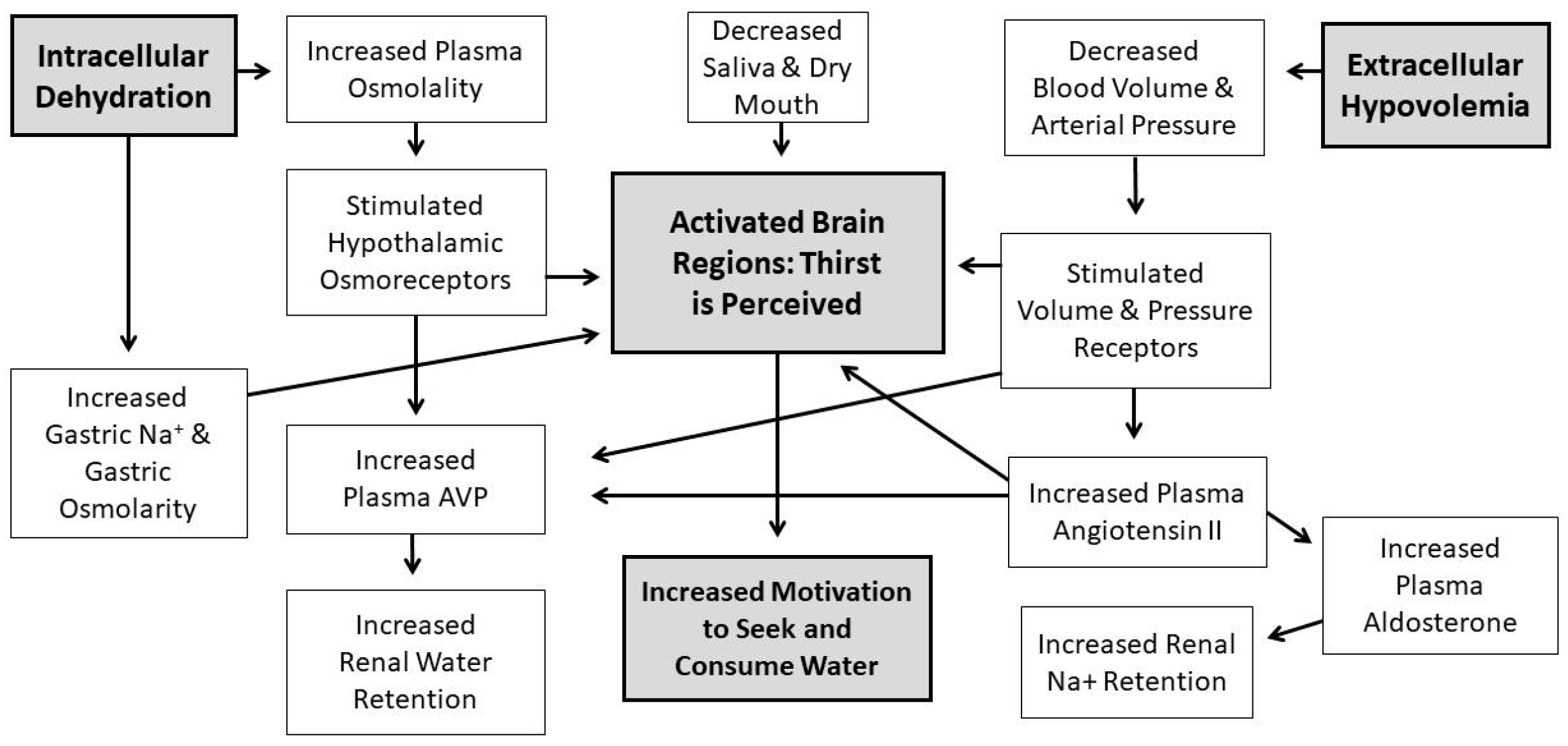 Source: mdpi.com
Source: mdpi.com
Hypotonic solutions cause blood cells to absorb fluids faster than they lose them, while the opposite occurs in hypertonic solutions and isotonic solutions are at equilibrium. Drinking alcohol makes the blood hypertonic. Elevated potassium levels (whether an actual elevation or a relative elevation) can lead to bradydysrhythmias and cardiac arrest.
 Source: diabetes.co.uk
Source: diabetes.co.uk
Add this up after a night of drinking and you’ll be guaranteed to end up dehydrated the next day. Liver dysfunction can also affect how red blood cells are managed by the body. Water is the best rehydration option, but too much of it can cause an electrolyte imbalance in your body and impair nerve cell function.
 Source: osmosis.org
Source: osmosis.org
Alcohol is a diuretic, which means that alcohol increases urine production, which, in turn, leads to dehydration or a reduced amount of water in the body. Yes, ingestion or infusion of hypertonic solutions can lead to hypertonic dehydration. Liver dysfunction can also affect how red blood cells are managed by the body.
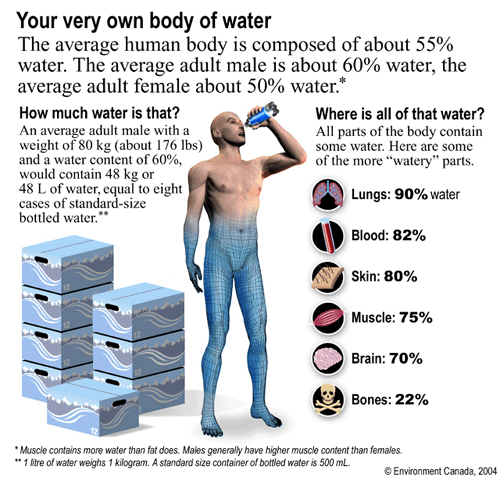 Source: freedrinkingwater.com
Source: freedrinkingwater.com
Alcohol is a powerful diuretic and can cause dehydration over the course of your night out. Hypotonic solutions cause the cell to swell because it promotes shifting of water into it while hypertonic solutions cause the cell to shrink because it pulls the water out of the cell. If you’re consuming it during a workout, make sure you have an isotonic drink, as well.
 Source: chegg.com
Source: chegg.com
What this translates to in hydration drinks is that hypotonic solutions cause water to be absorbed quickly by the body due to low levels of carbohydrates and sodium, but provide low energy. Which option best describes the consequences of this hypertonic blood? Please log in or register to add a comment.
 Source: thoughtco.com
Source: thoughtco.com
This can make you feel thirsty and sometimes nauseous. Yes, ingestion or infusion of hypertonic solutions can lead to hypertonic dehydration. They contain particles which are more concentrated than the
 Source: coursehero.com
Source: coursehero.com
The balance between fluid intake and fluid loss from the body is greatly disproportionate in dehydration. Hypotonic solutions cause the cell to swell because it promotes shifting of water into it while hypertonic solutions cause the cell to shrink because it pulls the water out of the cell. Elevated potassium levels (whether an actual elevation or a relative elevation) can lead to bradydysrhythmias and cardiac arrest.
 Source: ajkd.org
Source: ajkd.org
Is isotonic or hypotonic better? The severity of dehydration ranges from mild to severe, and dehydration can be fatal when fluid loss exceeds more than 15% of the total body water. If a person is severely dehydrated, their extracellular fluids will become hypertonic to the intracellular fluid.
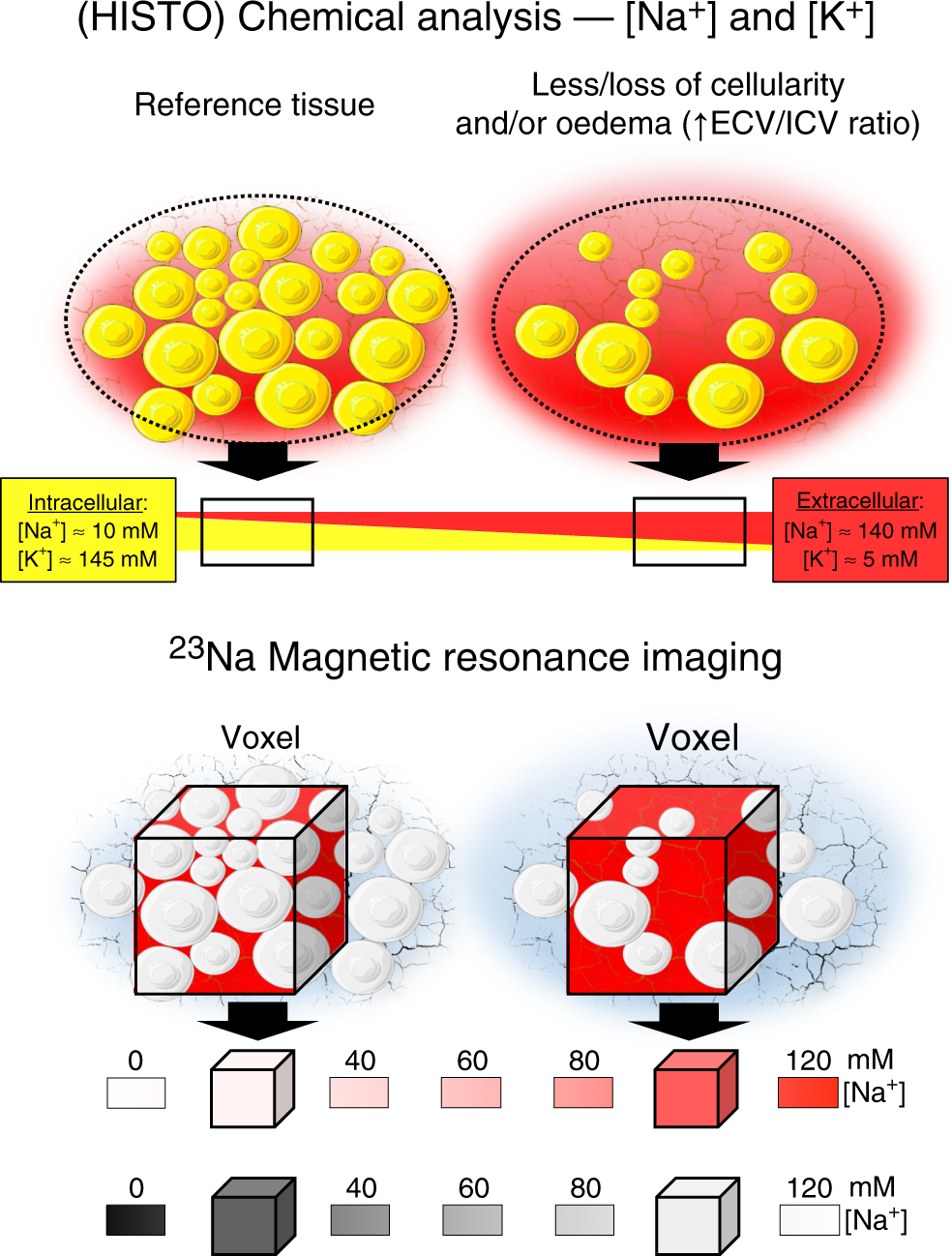 Source: nature.com
Source: nature.com
This, in turn, draws water out of the cells. Here are the main causes of hypertonic dehydration: This happens because the body’s production of white.
 Source: researchgate.net
Source: researchgate.net
As a result, there is not enough water in the body to effectively run the metabolic cycles of the cell and produce enough energy (atp) for the normal functions of the body. The severity of dehydration ranges from mild to severe, and dehydration can be fatal when fluid loss exceeds more than 15% of the total body water. Hypotonic solutions cause the cell to swell because it promotes shifting of water into it while hypertonic solutions cause the cell to shrink because it pulls the water out of the cell.
 Source: blog.houseofdiagnostics.com
Source: blog.houseofdiagnostics.com
That said, being dehydrated before drinking alcohol could cause your blood alcohol concentration to increase more quickly. Yes, alcohol can dehydrate you. The balance between fluid intake and fluid loss from the body is greatly disproportionate in dehydration.
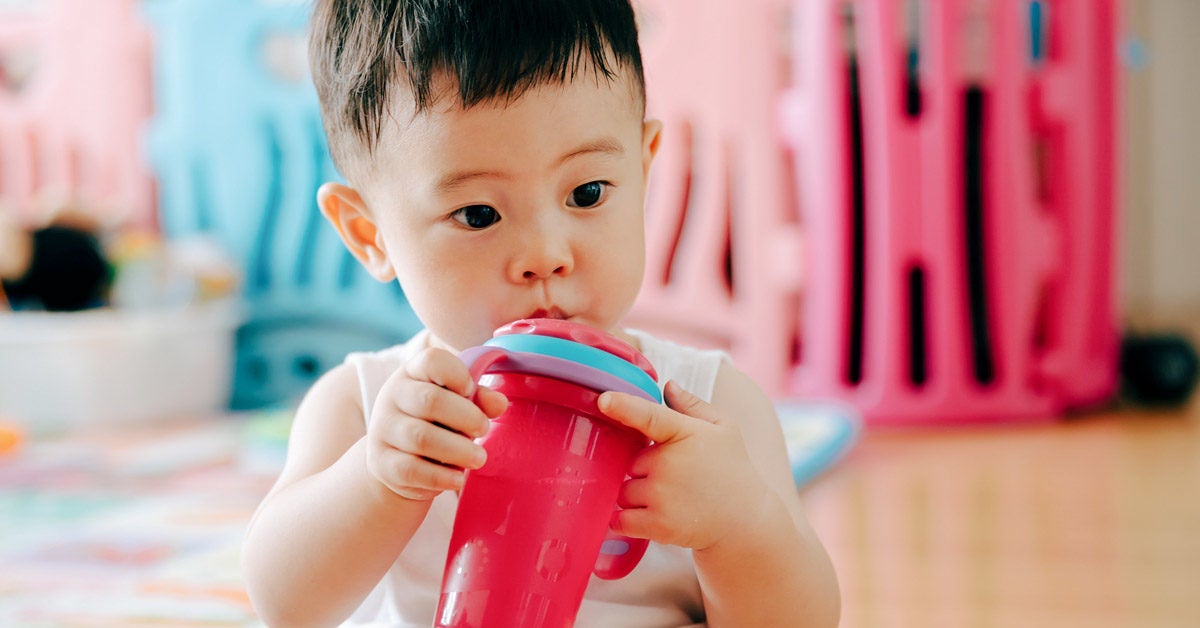 Source: healthline.com
Source: healthline.com
Which option best describes the consequences of this hypertonic blood? Infants may not get the right balance of nutrients they need, particularly if they’re having trouble nursing. If you’re consuming it during a workout, make sure you have an isotonic drink, as well.
 Source: researchgate.net
Source: researchgate.net
Isotonic drinks contains similar concentrations of salt and sugar as in the human body. Drinking more than two servings of alcohol per day increases the risk of a stroke, which can be caused by a blood clot in the brain, by 50 percent. Oral ingestion of solutions with high sodium concentrations, such as seawater, saline, or excessive electrolyte drinks (e.g., pedialyte), can elevate serum sodium levels and.
 Source: abc.net.au
Source: abc.net.au
What about good old h2o? Alcohol is a powerful diuretic and can cause dehydration over the course of your night out. That said, being dehydrated before drinking alcohol could cause your blood alcohol concentration to increase more quickly.
 Source: brainly.com
Source: brainly.com
Hypotonic solutions cause the cell to swell because it promotes shifting of water into it while hypertonic solutions cause the cell to shrink because it pulls the water out of the cell. Athletes usually consume hypertonic drinks after an exhaustive workout. The most common causes of hypertonic dehydration are diarrhea, high fever, and vomiting.
 Source: quizlet.com
Source: quizlet.com
Here are the main causes of hypertonic dehydration: The preferred choice for most athletes, including middle and. This, in turn, makes the interstitial fluid lose water to the cells.
Also Read :
